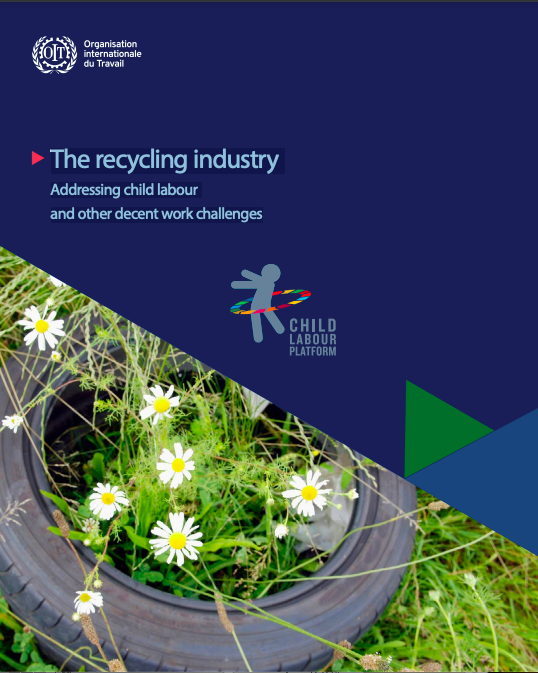While industrial recycling is squarely situated in the formal sector of the economy, the upstream segments of the recycling supply chain may reach deep into the informal sector, intersecting with the centuries-old occupation of waste picking. In many countries, informal waste pickers play a crucial role in waste collection, including the collection, sorting and resale of recyclable materials. The positive contribution of informal waste pickers to urban solid waste management from an environmental and economic perspective is well documented, as have the poor working conditions faced by waste pickers, and the harmful consequences of these for workers’ health and safety. Inadequate income and social marginalization are common, along with other associated social ills such as child labour, which occurs in landfills, in waste collection and sorting.

